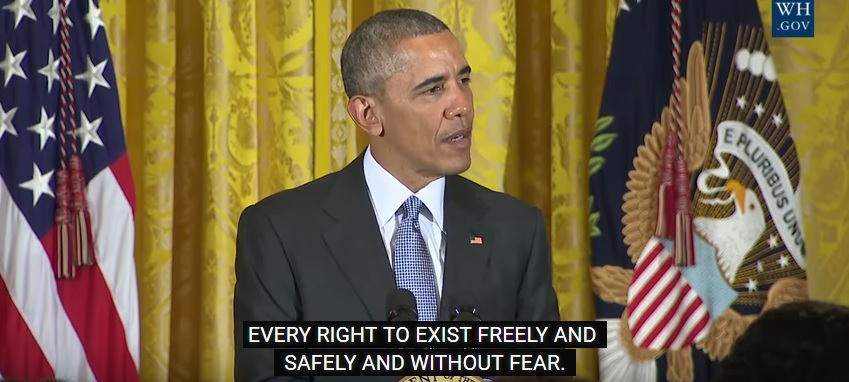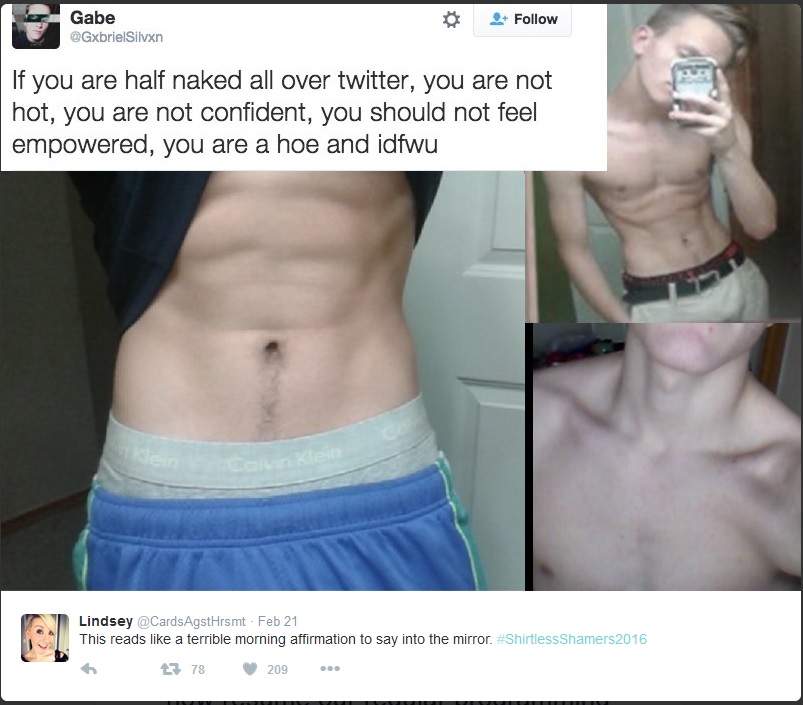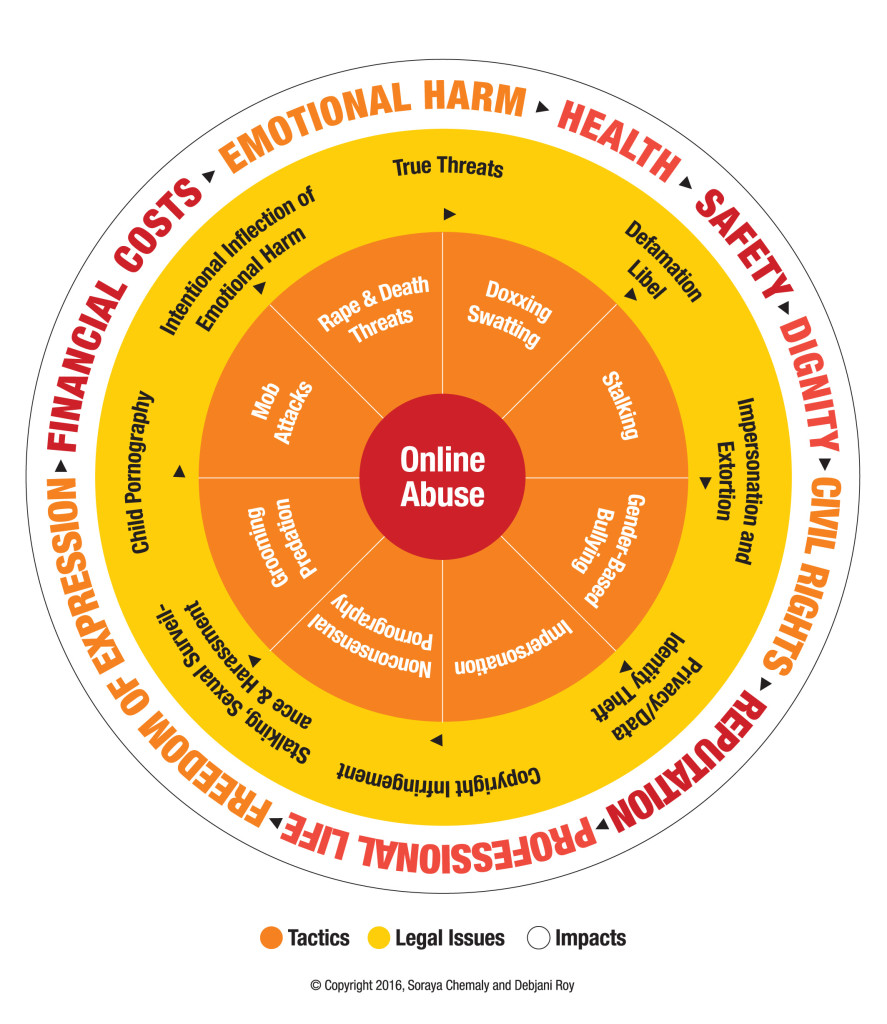Most people, especially women, who write about feminist topics like street harassment and rape culture have dealt with unpleasant and even harassing comments, tweets and emails in response to their piece/s. I know I have.
Fortunately now there are many efforts underway to address online harassment, and one of the latest is at the Guardian. Earlier this month, they started an initiative to make their comments sections better:
“We need to do more to facilitate respectful discussions and constructive debate everywhere on the site, as well as to protect our staff from the abuse and harassment that has become a routine part of writing for the internet for too many people….
We are going to be implementing policies and procedures to protect our staff from the impact of abuse and harassment online, as well as from the impact of repeatedly being exposed to traumatic images. We are also changing the process for new commenters, so that they see our community guidelines and are welcomed to the Guardian’s commenting community.”
The Guardian also examined their 70 million comments and found that 2%, 1.4 million, have been blocked for violating the Guardian’s community standards. Among the other findings (full info here), they found that articles written by women consistently attracted a higher proportion of blocked comments than articles written by men.
I find their efforts really encouraging and I hope other outlets follow suit. My dream is that one day, we will not have to fear reading the comments section.
Related:
1) How some women are tackling online harassment;
2) Eight things not to say to someone facing online abuse.



